How exactly are fees for a transaction calculated under PoS?
My understanding (correct me if I'm wrong) is that under PoW, users submit a gas fee with a transaction and wait for a miner to decide to hit the bid to write it to the ledger. So the gas fees are determined by a sort of auction process where users are competing on price to be prioritized.
How does this change under PoS? If the miner costs and electricity costs are much lower, wouldn't miners require a lower fee to incentivize them to write the transaction to the ledger? But then I understand the consensus is that fees won't decline materially post merge.
Also, how do these fees get split between stakers, the validator node, and fee burning?
I am not able to find the details on the mechanics.
Separately, on Bankless and elsewhere they talk about a yield from Ethereum staking making it an internet bond where you can project cash flows so there is fundamental value. But given that the staking rewards are paid in Ether, doesn't that make it a bit circular? How is this more of a fundamental DCF-able cash flow stream / legitimate yield than stuff like Luna, Defi yield farms, etc?
How would the fees change as the price of Ethereum moves up and down? Would they stay a similar amount in $ terms assuming network demand is equal? If so, I could see how you could think of it as a pure cash flow stream.
[link] [comments]

You can get bonuses upto $100 FREE BONUS when you:
💰 Install these recommended apps:
💲 SocialGood - 100% Crypto Back on Everyday Shopping
💲 xPortal - The DeFi For The Next Billion
💲 CryptoTab Browser - Lightweight, fast, and ready to mine!
💰 Register on these recommended exchanges:
🟡 Binance🟡 Bitfinex🟡 Bitmart🟡 Bittrex🟡 Bitget
🟡 CoinEx🟡 Crypto.com🟡 Gate.io🟡 Huobi🟡 Kucoin.
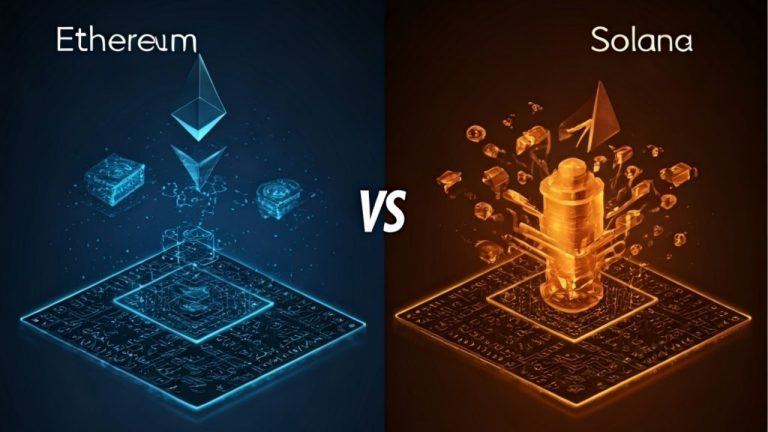

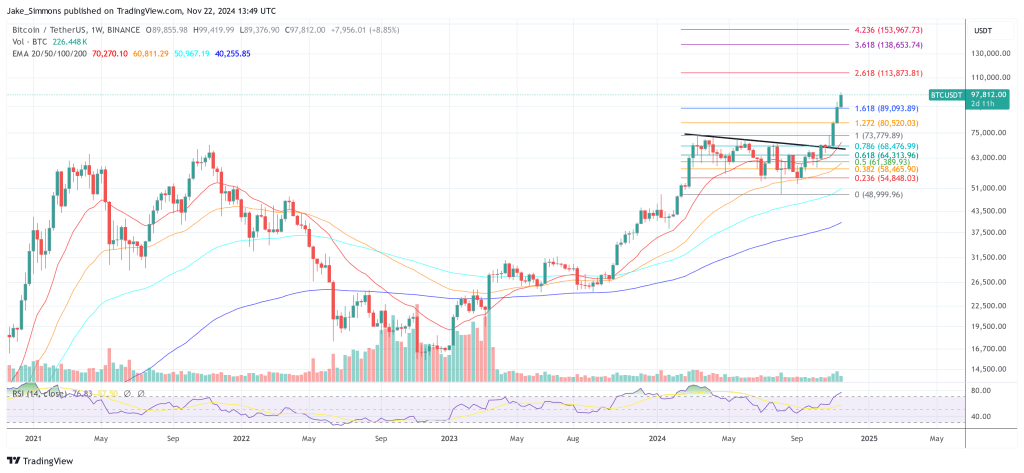









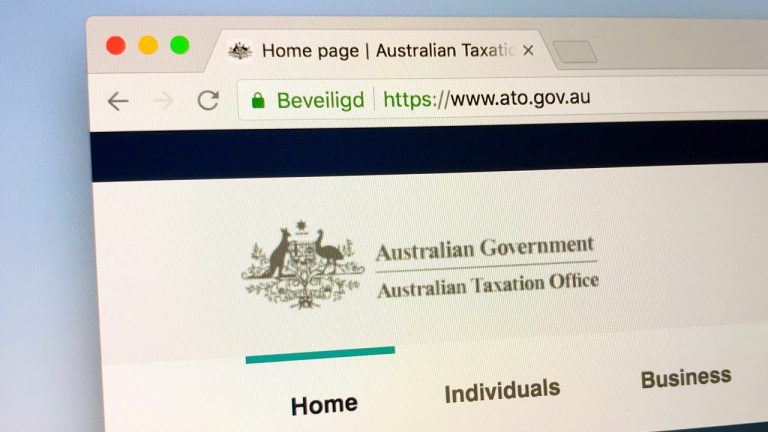
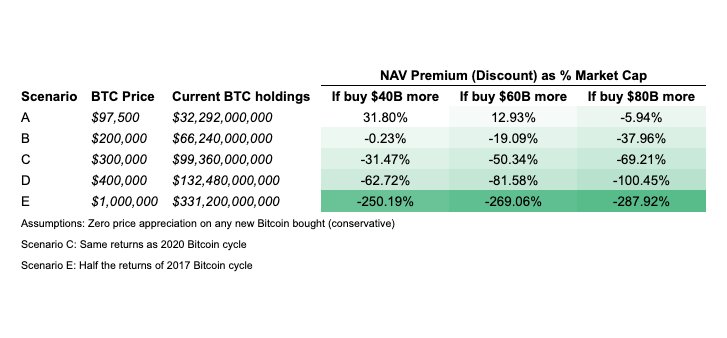
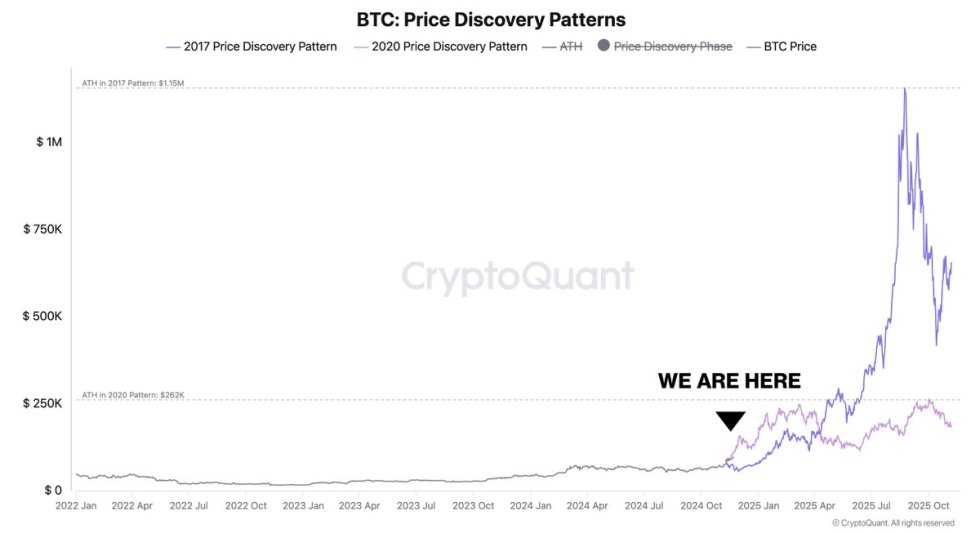




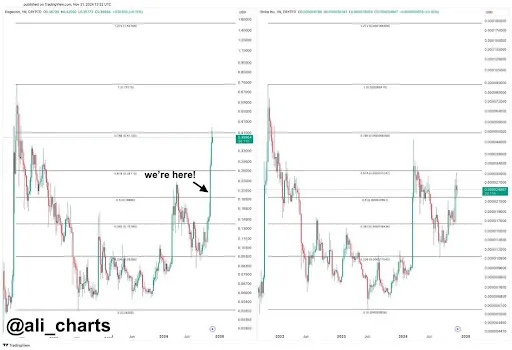
Comments